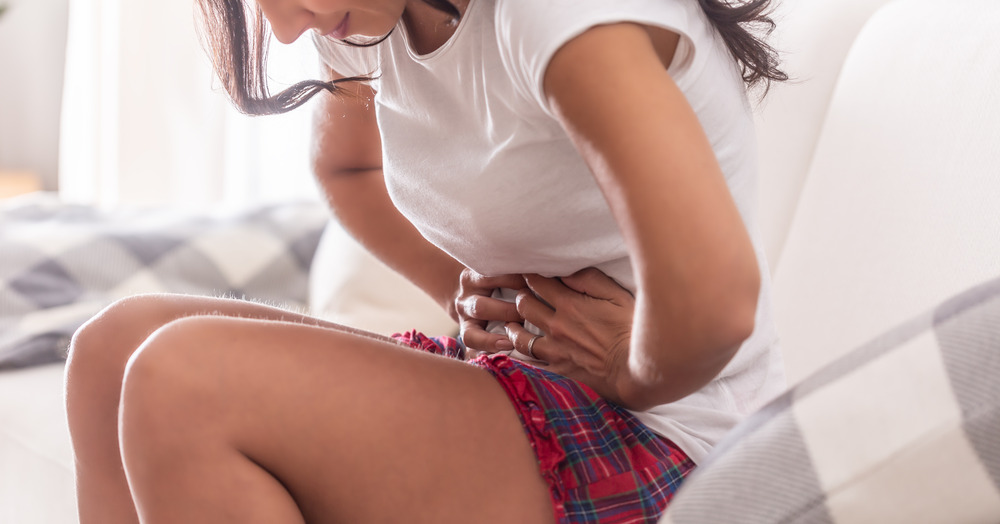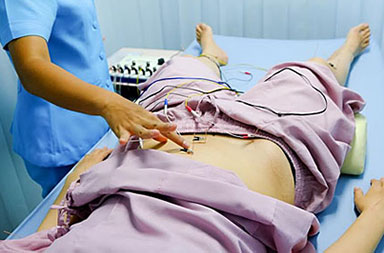Interstitial cystitis (IC) is a condition that causes pelvic pain, frequent urination, urgent urination, and sexual dysfunction. Both men and women can get IC, although it occurs mostly in women. People with IC can have symptoms similar to a urinary tract infection, but without an infection (1). Often, there is painful, frequent, urgent, inhibited, or incomplete urination. Sometimes there may be blood in the urine. There may be a dull feeling of fullness in the lower abdomen and bladder. The pain in the bladder can be intense or dull, and sometimes it is located in the pelvis, or on the pelvic floor.
These symptoms can resemble many different conditions. It is important to see a urologist to get a complete exam to rule out other illnesses.
Causes of Interstitial Cystitis
The exact cause of interstitial cystitis is not entirely understood and probably has many factors. Although it is not known to be caused by a urinary tract infection, many women who develop interstitial cystitis have recently been treated with antibiotics for this (1). Some women will have bladder inflammation, but most do not.
Many women with IC have tightness and sensitivity in the pelvic floor, which may be a factor in the condition. Emotional stress is also an important factor. It is possible that stress causes muscles to become tight and spasm, which leads to a cycle of inflammation and pain.
Acupuncture for Interstitial Cystitis
Acupuncture can help treat IC and dramatically reduce the symptoms of interstitial cystitis by decreasing inflammation, relieving pain, and muscle spasm. In my next post I will write more about acupuncture’s approach to interstitial cystitis treatment.
Interstitial Cystitis Resources
- National Kidney and Urologic Diseases Information Clearinghouse
- Interstitial Cystitis Association
- Interstitial Cystitis Network
References:
1. Genitourinary Pain and Inflammation: Diagnosis and Management . Ed. J.M. Potts. Humana Press. NJ



